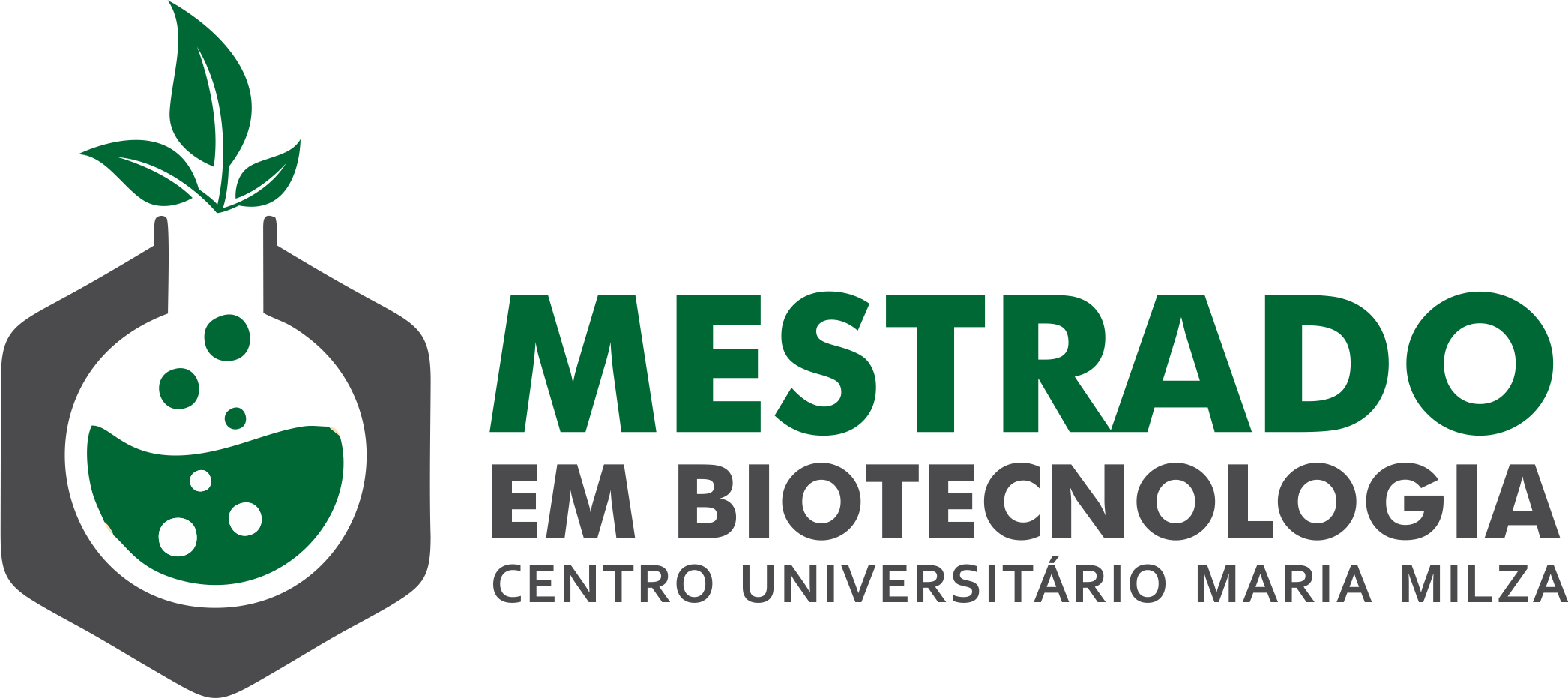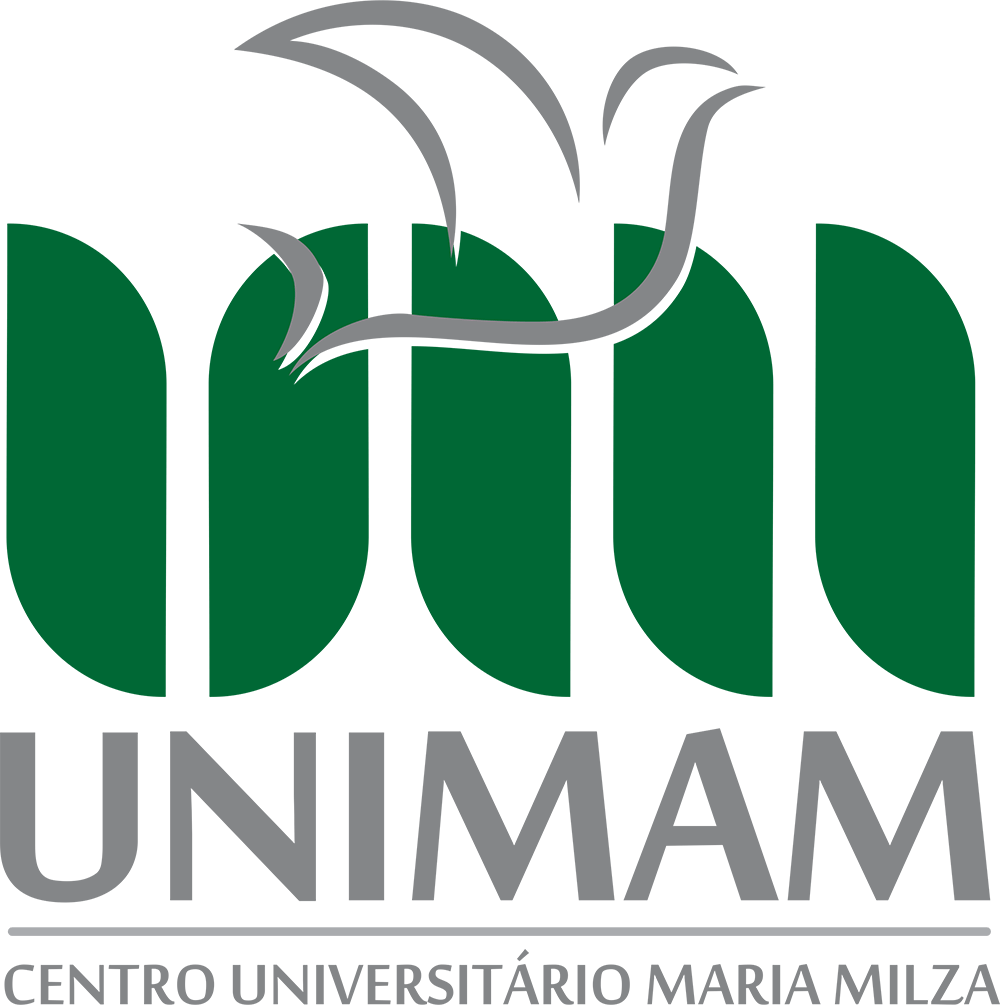Pharmacist's performance in the control of nosocomial infection
DOI:
https://doi.org/10.22479/texturav15n1p115_130Keywords:
farmacêutico, infecção hospitalar, antibióticos, uso racional.Abstract
Hospital infection is one acquired in the hospital environment, either by indirect or direct contact. The Hospital Infection Control Commission (CCIH) is responsible for actions that reduce infections and bacterial resistance. According to resolution No. 300/97 of the Federal Pharmacy Council, the pharmacist must be a permanent member of this group and has an important role among the other professionals who are part of the commission. The pharmacist is responsible for auditing prescriptions, standardizing antibiotics to minimize hospital costs, as most patients in a hospital do or will undergo prophylactic or therapeutic treatment. In addition, the pharmacist makes the choice of germicides according to existing bacteria, promotes actions for continuing education of processes such as hand hygiene at all, from visitors to employees, promotes the rational use of antimicrobials by developing clinical activity, therapeutic dilution guide and adverse reactions. The skills developed by the pharmacist aim at safety, quality of care for the patient and the clinical staff.
Downloads
Downloads
Published
How to Cite
Issue
Section
License
The authors grant copyright on an approved manuscript with exclusive publication for Texture Journal in electronic format, including figures/ illustrations and content for the dissemination of the article, including on the social networks of the Texture Journal.











